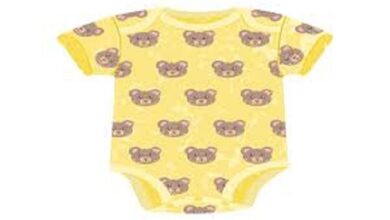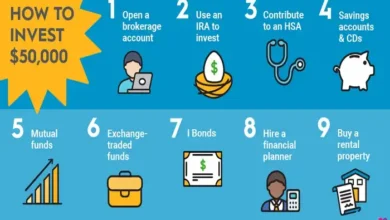Decoding the B2B Meaning for DJs: Understanding the Business Side of the Music Industry

Introduction:
In the fast-paced and ever-evolving music industry, DJs play a crucial role in creating an electrifying atmosphere for events and parties. Behind the scenes, however, there is a business aspect that often goes unnoticed. Understanding the B2B (Business-to-Business) meaning for DJs is essential for those aspiring to thrive in this industry. In this blog post, we will delve into the concept of B2B in the context of DJs, exploring its significance and how it shapes the dynamic world of music.
Defining B2B in the DJ Context:
To comprehend the B2B meaning for DJs, it is necessary to grasp the essence of B2B itself. Business-to-Business refers to transactions and interactions that occur between two or more companies rather than between a business and individual consumers. In the DJ industry, this translates to the collaboration and exchange of services between DJs and other businesses within the music realm.
DJ Agencies and Event Management Companies:
One significant aspect of the B2B meaning for DJs lies in their association with DJ agencies and event management companies. These entities act as intermediaries, connecting DJs with potential clients and negotiating contracts on their behalf. By partnering with such agencies, DJs can expand their network, gain access to a wider range of opportunities, and focus more on their craft rather than the administrative aspects of their business.
Collaboration with Venues and Nightclubs:
Venues and nightclubs play a pivotal role in the DJ ecosystem. DJs often form B2B relationships with these establishments, striking deals for regular gigs or special events. These partnerships allow DJs to showcase their talent to a wider audience, build a dedicated fan base, and establish themselves within the industry. Moreover, collaborating with venues and nightclubs can provide DJs with valuable exposure, leading to future bookings and higher demand for their services.
Working with Music Labels and Producers:
B2B relationships between DJs and music labels or producers are another crucial aspect to consider. Music labels often seek talented DJs to remix tracks, create mixes for compilation albums, or sign exclusive contracts. By collaborating with established labels, DJs can elevate their status, gain credibility, and tap into new markets. Additionally, working with producers allows DJs to access original tracks, remix stems, and other resources that can enhance their performances and set them apart from the competition.
Building Partnerships with Equipment Manufacturers:
DJing requires specialized equipment and gear, and B2B relationships with equipment manufacturers are vital for DJs. Building partnerships with renowned manufacturers can provide DJs with cutting-edge technology, exclusive discounts, and sponsorship opportunities. Furthermore, these collaborations can lead to endorsement deals, raising the DJ’s profile and attracting more clients. By aligning with reputable equipment manufacturers, DJs can enhance their professional image and stay at the forefront of the industry.
Conclusion:
Understanding the B2B meaning for DJs is essential for navigating the complex world of the music industry. Collaborating with DJ agencies, venues, nightclubs, music labels, producers, and equipment manufacturers are just a few examples of how B2B relationships shape the DJ landscape. By leveraging these partnerships, DJs can expand their reach, boost their reputation, and create a sustainable business model. Ultimately, a comprehensive understanding of the B2B concept allows DJs to thrive and establish themselves as successful professionals in the competitive realm of music.





